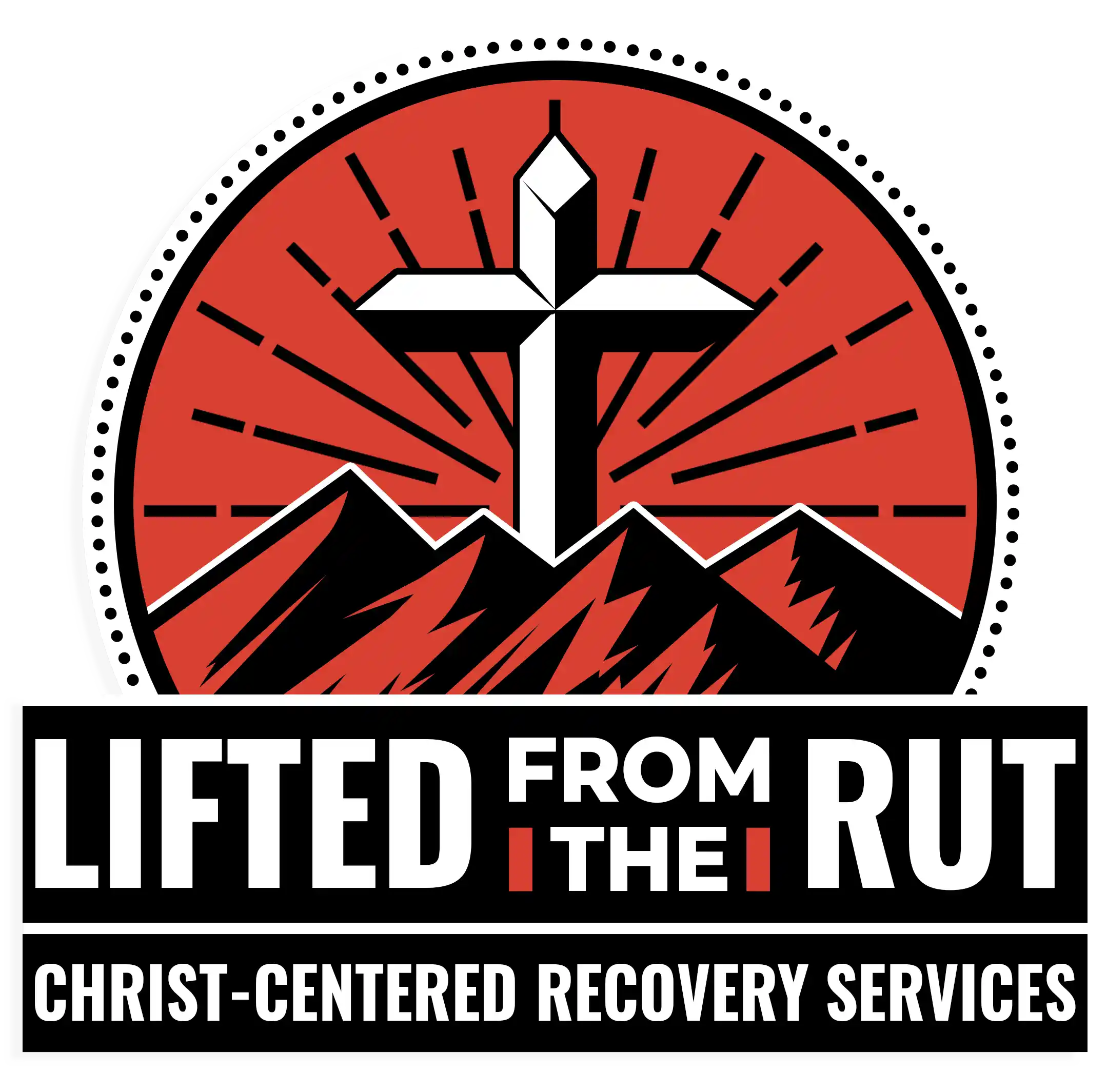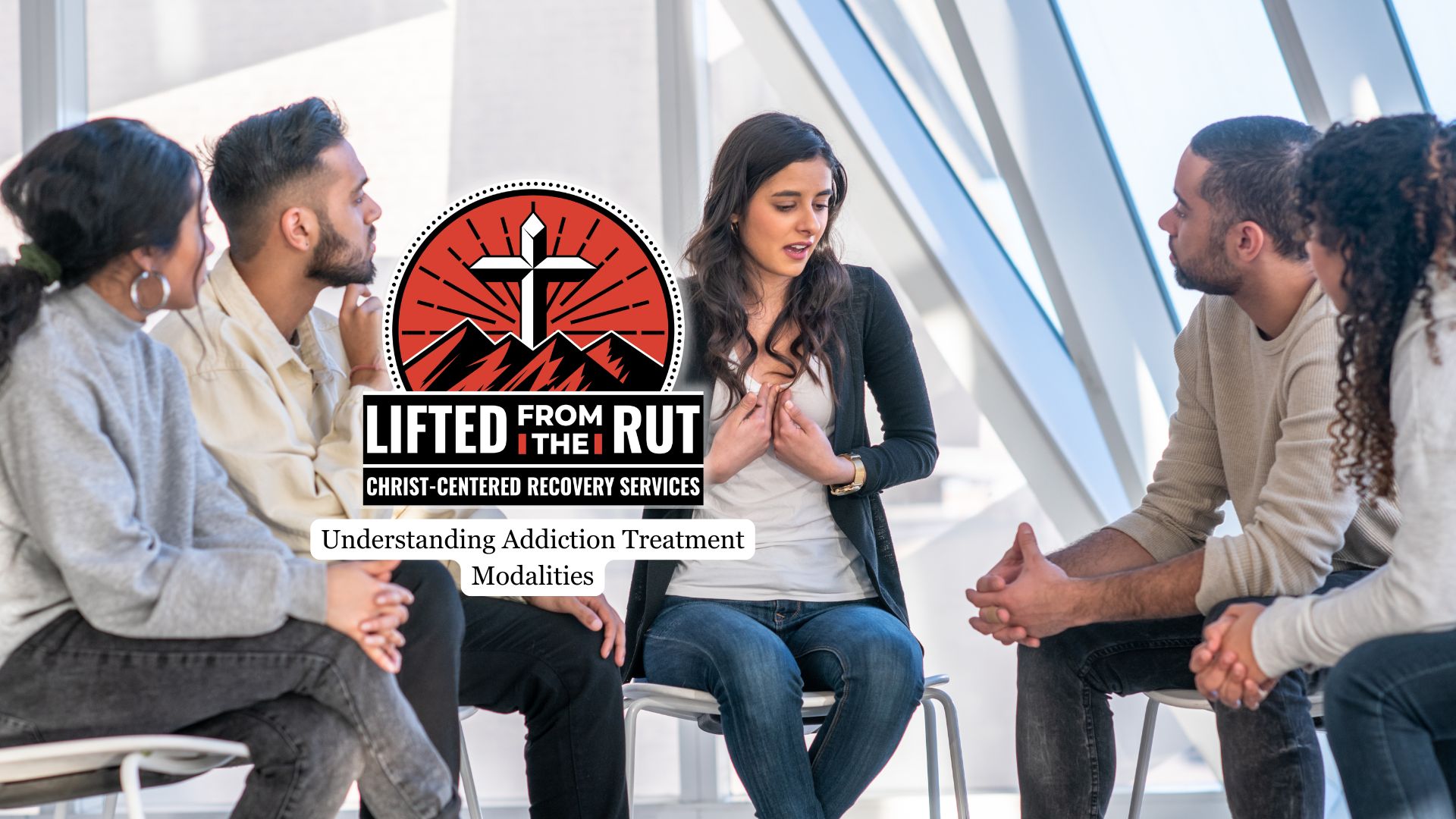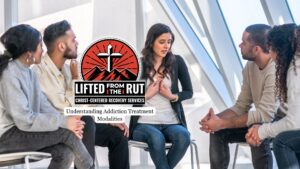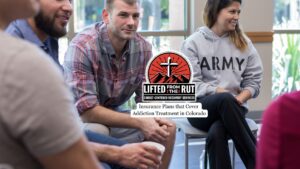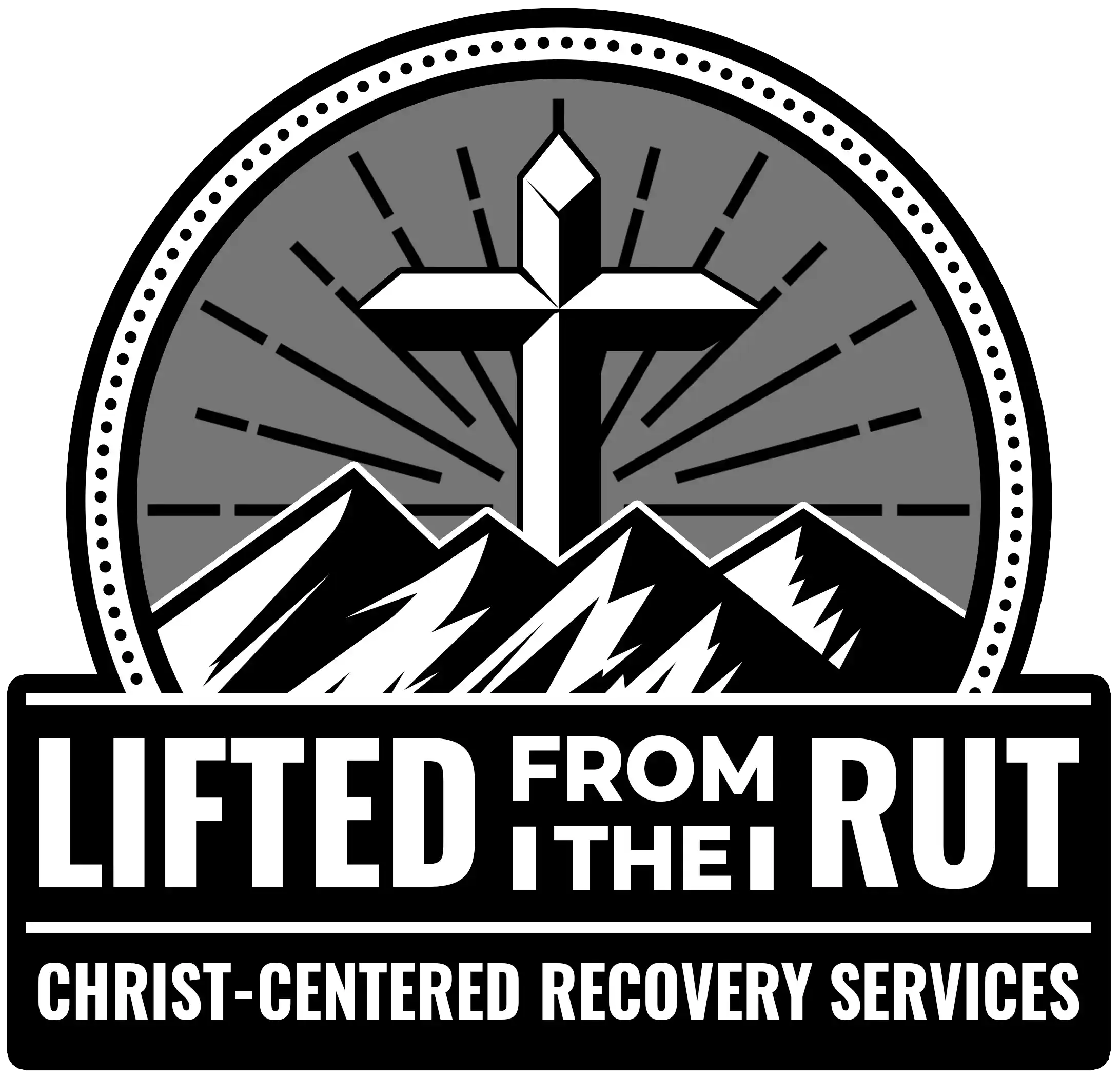Addiction is a chronic, relapsing disorder that affects brain chemistry, behavior, and overall functioning. Effective treatment goes beyond abstinence and addresses the underlying biological, psychological, and social drivers of substance use.
A clear understanding of addiction treatment modalities is essential for identifying the most effective interventions and tailoring care to individual recovery needs.
Medical Detoxification as a Foundational Step
Medical detox is often the initial phase of addiction treatment, especially when withdrawal symptoms can be severe or life-threatening. This process is medically supervised and aims to eliminate the substance from the body while managing acute physical symptoms safely and effectively.
Detox alone does not address the underlying drivers of addiction but serves as a critical starting point. Without it, individuals may struggle to engage in therapy due to the physical and emotional distress of withdrawal. In cases involving alcohol, opioids, or benzodiazepines, detox often includes the use of medications to stabilize the patient and reduce risk.
Behavioral Therapies and Cognitive Restructuring
Behavioral therapy forms the cornerstone of long-term addiction recovery by targeting thought patterns, emotional triggers, and behavioral responses. Cognitive Behavioral Therapy (CBT) is widely used to help individuals recognize and reframe distorted thinking that fuels substance use. Dialectical Behavior Therapy (DBT) is particularly beneficial for individuals who struggle with emotional regulation and co-occurring mental health disorders.
Motivational Interviewing enhances a person’s internal drive to change by resolving ambivalence. These therapies are evidence-based and tailored to address the psychological components that sustain addiction, providing individuals with tools for relapse prevention and emotional self-management.
Medication-Assisted Treatment (MAT)
Medication-Assisted Treatment combines the use of FDA-approved medications with counseling and behavioral therapies to treat substance use disorders. In opioid addiction, medications like methadone, buprenorphine, and naltrexone help manage cravings and block the euphoric effects of opioids. For alcohol use disorder, drugs such as acamprosate and disulfiram support abstinence by altering the brain’s response to alcohol or making consumption physically uncomfortable.
MAT is not a replacement for therapy but a component of a broader treatment strategy. When used appropriately, it improves treatment retention, reduces relapse rates, and helps stabilize brain function during recovery.

Peer Support and Recovery Communities
Peer support is a powerful component of sustained recovery, offering social connection and accountability beyond formal treatment. Programs like Alcoholics Anonymous (AA), Narcotics Anonymous (NA), and other mutual-aid groups create structured spaces where individuals share experiences, strengths, and strategies. Many of these groups incorporate spiritual or faith-based elements, which can be particularly meaningful for individuals who derive strength and guidance from their religious beliefs.
Faith-based recovery communities, including Christian drug rehab programs and church-based support groups, provide not only peer reinforcement but also spiritual counseling and a values-driven framework for change. These communities help reduce isolation, normalize struggles, and offer purpose-driven support. Recovery coaching and peer mentorship also serve as bridges between treatment and daily life, reinforcing long-term sobriety through shared lived experience.
Individual and Group Therapy
In individual counseling, clients work one-on-one with a trained therapist to address personal issues, explore underlying causes of addiction, develop coping skills, and set individualized recovery goals. This private setting allows for tailored interventions that take into account a person’s history, mental health, motivation, and readiness for change.
In contrast, group counseling brings together several individuals facing similar challenges, fostering a sense of community, shared experience, and mutual support. Through guided group discussions, participants practice communication skills, gain new perspectives, and learn from each other’s successes and setbacks. The group setting also enhances accountability and reduces feelings of isolation that often accompany addiction.
When these counseling modalities incorporate faith, the recovery process can take on an added dimension of hope, purpose, and spiritual renewal. Faith encourages participants to find meaning in their struggles, seek forgiveness and self-compassion, and rely on a higher power for strength during challenging moments.
Holistic and Complementary Modalities in Recovery Support
Complementary therapies play a growing role in addiction treatment by addressing the emotional and physical imbalances that contribute to substance use. Mindfulness practices such as meditation and yoga promote stress reduction and emotional regulation. Art and music therapy provide creative outlets for expression and healing.
Nutritional counseling and physical fitness contribute to overall health restoration, which is often compromised by long-term substance use. While not substitutes for clinical treatment, these modalities enhance well-being and foster a more comprehensive recovery experience by reinforcing positive lifestyle changes.
Final Thoughts from LFTR Christian Rehab Services
From clinical therapies and medication support to holistic practices and peer communities, a well-rounded approach addresses the full scope of addiction. Faith-based programs add a vital dimension by nurturing spiritual growth alongside emotional healing, creating space for deeper transformation rooted in personal belief.
For those seeking spiritually integrated care, LFTR Christian Rehab Services, offers a Christ-centered path to recovery. Our outpatient and intensive outpatient programs in Littleton, Colorado combine evidence-based treatment with Biblical counseling to support healing through faith. Each plan is designed to help individuals overcome addiction, rebuild their lives, and rediscover their God-given purpose.
